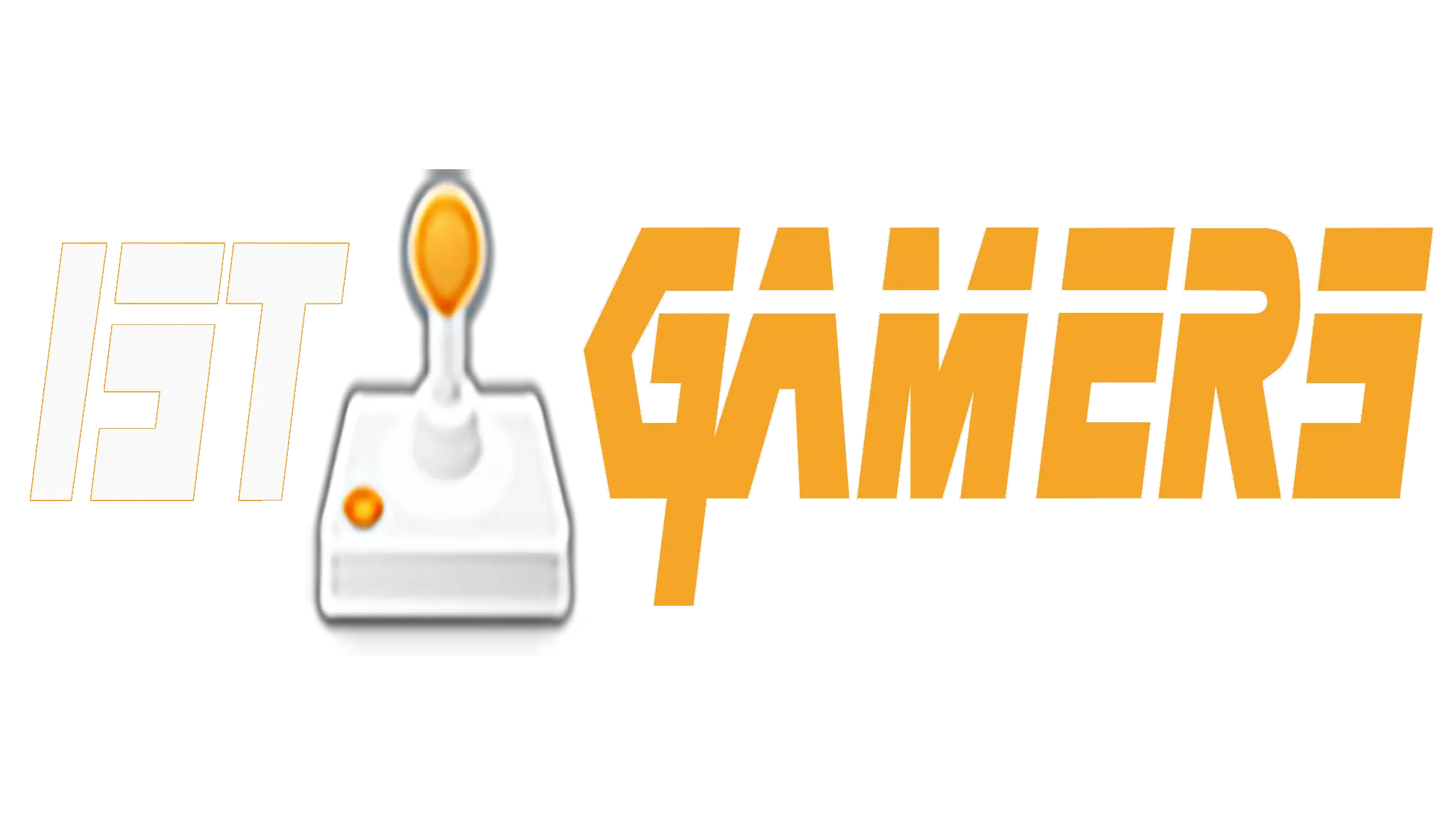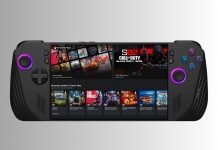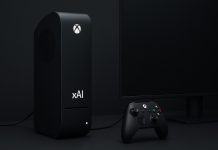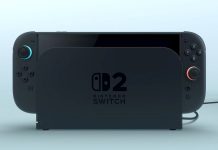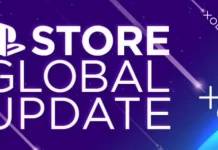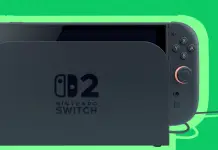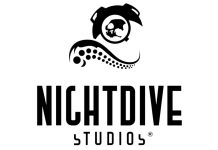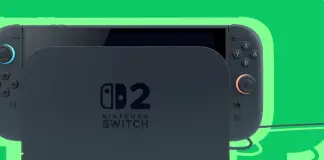If you’ve been plugged into Twitter, tech news, gaming podcasts, etc, none of this will be news at this point. Microsoft’s move towards the ‘Next-gen’ Xbox is very much an open secret.
A true console/PC hybrid for the living room, reportedly slated for 2027. A platform with the openness of PC, that works as an Xbox. And when I say an Xbox, I mean an actual Xbox.
One that can play my library with games dating back to the original Xbox.
To long-term console users like myself, this stuff matters. Microsoft learned a hard lesson in backlash when it took backwards compatibility off the table with the launch of the Xbox One. Xbox Series X|S, along with Xbox’s Backwards Compatibility Program has for the most part delivered the course correction it needed to.

I actually revisited a childhood memory of mine the night before I turned 35. My sister and I were obsessed with SSX 3, back when we had a PlayStation 2. I found it on the Xbox store a few months ago, and on the night before I turned half-way-to-70 I thought, “f*ck it, why not?” and spent a tenner to go down the adrenaline-fuelled slopes of nostalgia.
My sister was in disbelief when I told her I was playing SSX 3. I’d have invited her over to check it out for herself but she lives on the other side of the planet from me, and is (to her detriment) living in an Xbox-free household. Her loss, I suppose.

Microsoft’s next generation of hardware is said to go beyond the constraints of the walled-off systems that currently reside in our living rooms, though. It’s rumoured to be a Windows-based device. A gaming-first piece of hardware that looks like a console, acts like a console, but delivers the flexibility of a gaming PC.
Developers no longer working to deliver for two SKUs with Xbox Series X|S, but a version that works across all Windows-based devices.

We’re seeing the moves to whatever the Next-gen Xbox will be in action now. The ASUS ROG Ally and Lenovo Legion Go are perfect examples of mobile computing delivered in a gaming-first package. Windows-based devices that serve up content from PC Game Pass, as well as Steam, Epic and Ubisoft stores.
We’re going to come back to that last one.
There’s one thing those devices I’ve mentioned are all missing though. That secret sauce that all the long-term Xbox fans need… and that’s access to all the stuff they own on a platform they’ve spent the best part of 25 years playing on.
That is the challenge at Xbox’s door.

If Microsoft can deliver a, to put it plainly – a console-shaped PC that can play old Xbox games, Xbox will have a strong contender for gamers of all stripes’ living rooms in 2027 (according to sources).
The going theory (and most likely solution) is that the next Xbox will achieve this via emulation.
If Microsoft can pull that off – you’ve got a device that can play your entire digital back catalogue, and games from any PC store.
I mentioned the Ubisoft store earlier. Now that we’ve delved into what it means for this device to be an Xbox (a real one, not a phone, fire stick, etc), and we’ve established what a PC-hybrid would look like – I want to tell you about a conundrum I’m currently facing.

Following events online that might include the Assassin’s Creed Twitter account and a certain billionaire… I thought I’d pay my respects by subscribing to Ubisoft+ for a month. I’ve been seeing a lot of buzz around Assassin’s Creed: Shadows and, what can I say? I felt left out.
£15 later, I’m playing Shadows, and it’s awesome. I’d quite like to buy it. You’d think the logical choice would be, “yeah – just buy it then, dummy!”
But wait, there’s more!
I’m building a PC, and I would very much like to play this extremely good looking game on said PC. Where do I buy it? Because Ubisoft would, obviously, like me to buy it twice.
And we’ll casually just move on from the realisation that technically, I’ve already bought it once – or at least a month’s worth, anyway.
If I bought Assassin’s Creed: Shadows on PC via either Ubisoft or Steam, I could play this on the supposed Xbox-PC hybrid.

Also… will this eventually work the other way around? Because if there’s a way for me to play my entire Xbox back catalogue on my new PC, that is a truly monumental victory for game preservation.
And if that happens, would I be able to play Assassin’s Creed: Shadows on PC if I decided to buy the Xbox version (granted, probably capped at Xbox Series X settings) via said hypothetical Xbox emulator?
This idea of multiple stores leads to a strange question that console traditionalists will now have to answer for themselves: which version of a game do I buy?
For me, the answer is a relatively simple one: the one that offers me the ability to play in the most amount of places, as opposed to being faced with the prospect of buying a game twice so that I can play it across PC, Xbox and Cloud.
That’s a strange dilemma Ubisoft+ has put me in; technically I could go and enjoy AC: Shadows on PC, a handheld, Xbox and Cloud right now – but I don’t want to be at the mercy of my Ubisoft+ membership to do that. I already have Game Pass and subscription fatigue is a very real thing!

What I want is a digital licence that I can use anywhere in return for a one-off payment. Or… if we’re asking for stuff – for Shadows to go into Game Pass so I’m not doubling up on subscriptions.
The next iteration of Xbox hardware’s game marketplace will likely offer a single, Windows-based version of a game that can scale across PC and hybrid hardware. If it means that I can truly play this version on multiple devices – that’s an extremely exciting prospect. Even more so, if it’s also possible for me to play these games via Cloud, too.
Xbox’s ecosystem has been building towards a world where players can access their content in their preferred way, and as someone who regularly dabbles in Cloud, remote play and soon, PC gaming – I’m optimistic about a future that is very much still within the realms of speculation.
The hypotheticals feel extremely nebulous at this moment in time. It feels simultaneously both exciting and confusing, because none of these questions I’ve mused over are currently answerable – but it’s starting to feel like the possibilities might be endless with this next piece of hardware.

Or potentially rather jarring, which I’m afraid is another concern – how the hell do you communicate all of this to a consumer? The one that buys an Xbox console because it just does the simple stuff really well.
This is the chasm of confusion that Microsoft has to help its customers navigate. But one thing’s for certain – however you engage with Xbox-made content: on Microsoft-made console hardware, PC, Game Pass, Cloud, a handheld, or even a PlayStation…
Xbox is firing on all cylinders with the stuff that really matters – video games.

